Putin wins Russian election to begin fifth term as president
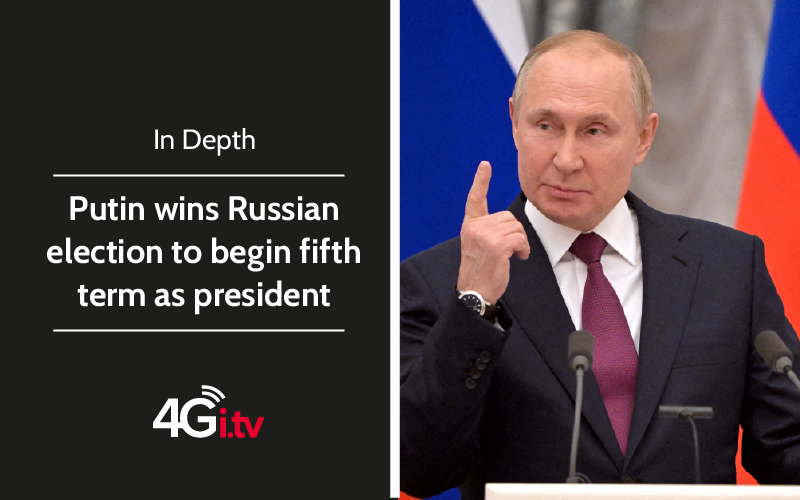
Vladimir Putin will remain president of Russia until 2030 after winning 87% of the vote, according to the Central Election Commission (CEC). With this result, Putin took his biggest election victory since he came to power in 2000. Moreover, he will be able to stand for re-election again, as in 2020 he amended the clauses of the Constitution that prevented him from staying in office at the Kremlin.
The CEC, which did not invite EU observers, denied that there were serious irregularities, although independent experts and the exile press reported several cases of electoral manipulation. In addition, Ukraine and Western chancelleries denounced the absence of opposition candidates and illegal voting in the four Ukrainian regions annexed by the Russian army.
Putin‘s landslide victory benefited from an increase in voter turnout, with 4.5 million voters coming from the Ukrainian regions of Donetsk, Lugansk, Kherson and Zaporiyia. The second most voted candidate was communist Nikolai Jaritonov with 4.17% of the vote, followed by New People party representative Vladislav Davankov with 4.07%. Last place went to the ultra-nationalist Leonid Slutski with 3.15% of the vote.
Russian Presidential Elections of the 21st Century in Numbers
From 2000 to the present day, Russia has had only two presidents, Dmitry Medvedev (2008-2012) and Vladimir Putin (2000-20004, 2004-2008, 2012-2018, 2018-2024, 2024-present). Putin will go for his fifth term thanks to 87% of the vote in the last election, but what were the numbers of previous ballots like?
In 2000, there was a 68.6% voter turnout, which represented a total of 75,070,770 voters. In that election, Putin won 52.94%. In second place was Guennadi Ziuganov, with 29.21%, while third was Grigory Yavlinsky, who obtained 5.20% of the total votes.
In 2004, voter turnout dropped, with 68,925,785 people voting, representing 64.31% of the electorate. Putin was re-elected in these elections due to 71.31% of the vote, showing a large increase over 2000. Nikolai Kharitonov came second with 13.69%, and Sergey Glaziev came third with just 4.10%.
In Russia’s 2008 presidential elections Vladimir Putin could not run, as he had served the two consecutive terms allowed by the Constitution. However, Putin supported the candidacy of Dmitry Medvedev. As a result, the pro-government candidate won with 71.25% of the vote. Guennadi Zyuganov, the Communist Party candidate, came second with 17.96%; Vladimir Zhirinovsky of the Liberal Democratic Party came third with 9.48%; and last place went to Andrei Bogdanov of the Democratic Party with 1.31% of the vote. The official voter turnout was 69.71% of the electorate, exceeding the 2000 elections.
In 2012, Putin could and did run for President of Russia again. In that election he came in first place by a wide margin, winning 63.60% of the vote. Behind him were Guennadi Ziuganov (17.18%), Mikhail Prokhorov (7.98%), Vladimir Zhirinovsky (6.22%) and Sergey Mirounov (3.86%). 71,701,665 Russians voted, representing a turnout of 65.41% of the electorate.
For the 2018 elections, Putin was re-elected with 76.69%, well ahead of the second most voted, Pavel Grudinin (Communist Party), who obtained 11.77% of the votes. Vladimir Zhirinovsky (Liberal-Democratic Party) came third with 5.65%. That year 73,578,992 voters took part, 67.54% of the electorate and a 2.1% increase in turnout compared to the previous elections.
Finally, in 2024 Vladimir Putin ran for president again, since in 2020 he reformed the clauses of the Constitution that prevented him from being re-elected for a third consecutive term. This year, the Central Election Commission (CEC) said the turnout reached a record 74.22% and Putin won with 87.28%. Behind him were Nikolai Jaritonov (4.17%), Vladislav Davankov (4.07%) and Leonid Slutski (3.15%).
EU agrees sanctions over Navalny’s death
The day after Putin won Russia’s presidential election, European Union foreign ministers agreed to impose sanctions on the people and organisations responsible for the death of Russian opposition leader Alexei Navalny, EU foreign policy chief Josep Borrell said.
The ministers’ decision came on Monday, a day after Russian President Vladimir Putin claimed a landslide victory in an election that Western governments condemned as unfair and undemocratic, while China, India and North Korea offered congratulations.
After the meeting in Brussels, Borrell said ministers from the 27 EU member states agreed to sanction “some 30 individuals and entities” who were “responsible for the assassination of Alexei Navalny”. Navalny’s wife, Yulia Navalnaya, accused Putin of killing him, and Western leaders have said the Russian president and state are ultimately responsible for his death.
For their part, Russian authorities say Navalny died on 16 February in an Arctic prison of natural causes. The prison service stated that the opposition leader “felt unwell after a walk” and “almost immediately” lost consciousness.
It should be noted that on 20 August 2020, Navalni was poisoned through the use of a nerve agent, but managed to survive after being hospitalised in a serious condition. At that time it was confirmed that his underwear had been poisoned before his flight from Tomsk to Moscow. Navalni remained in an induced coma until 7 September, when he began to respond to verbal stimuli and was discharged on 23 September.
POPULAR POSTS
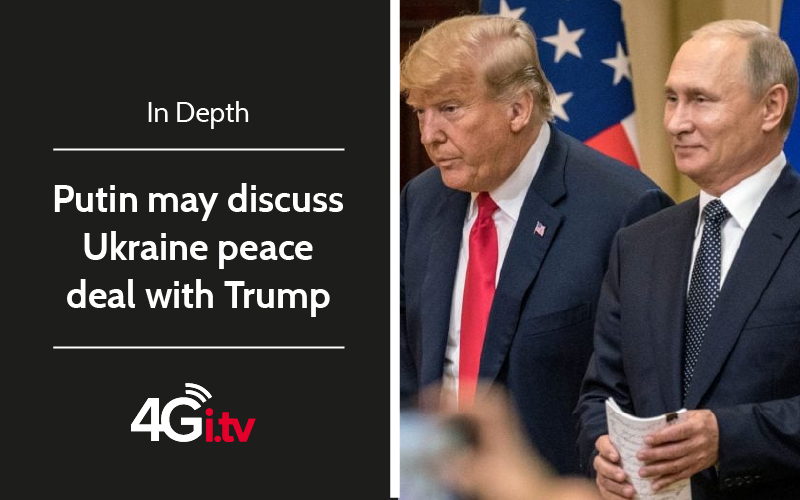
Putin may discuss Ukraine peace deal with Trump
November 22, 2024
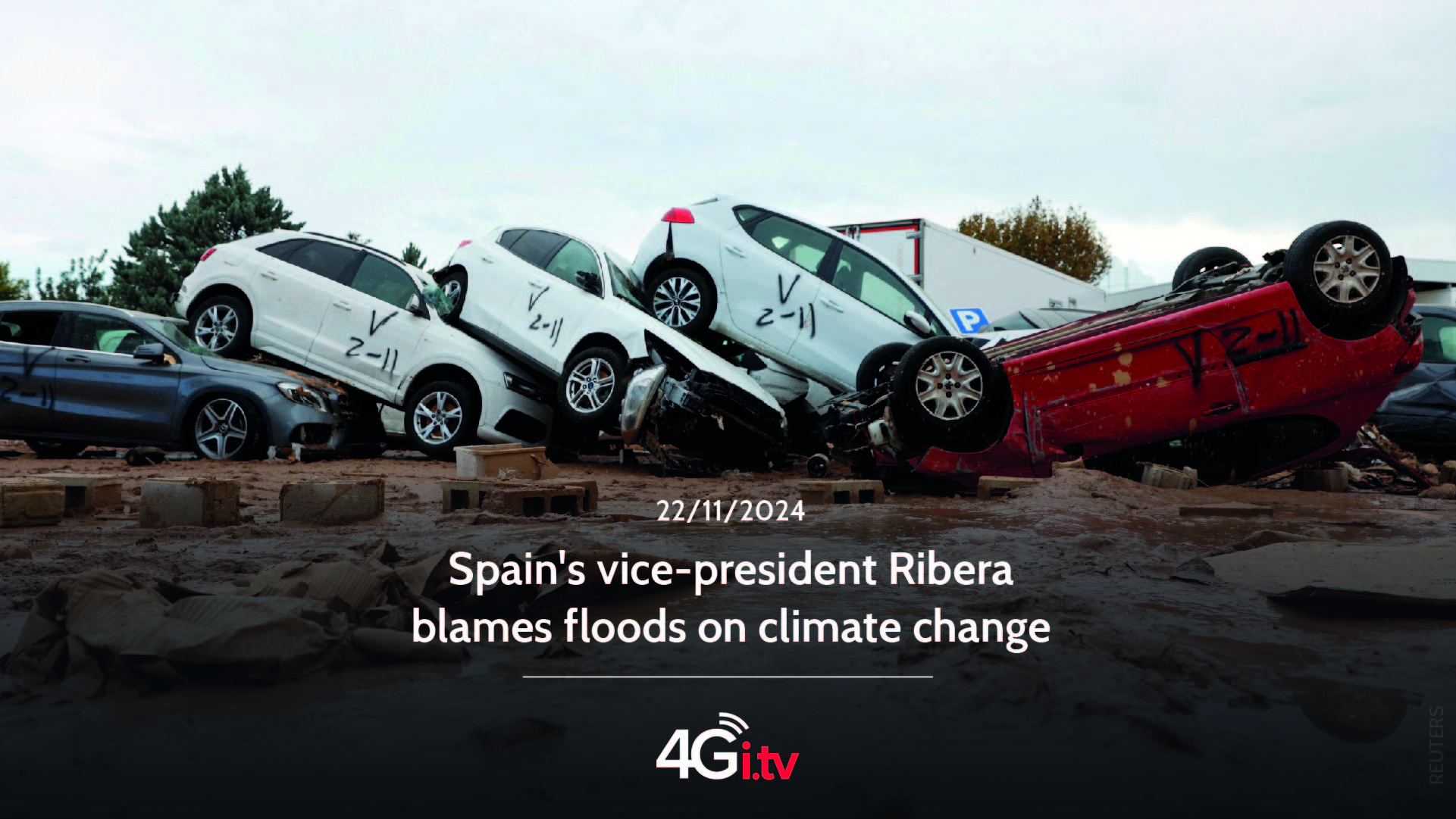
Spain’s vice-president Ribera blames floods on climate change
November 22, 2024
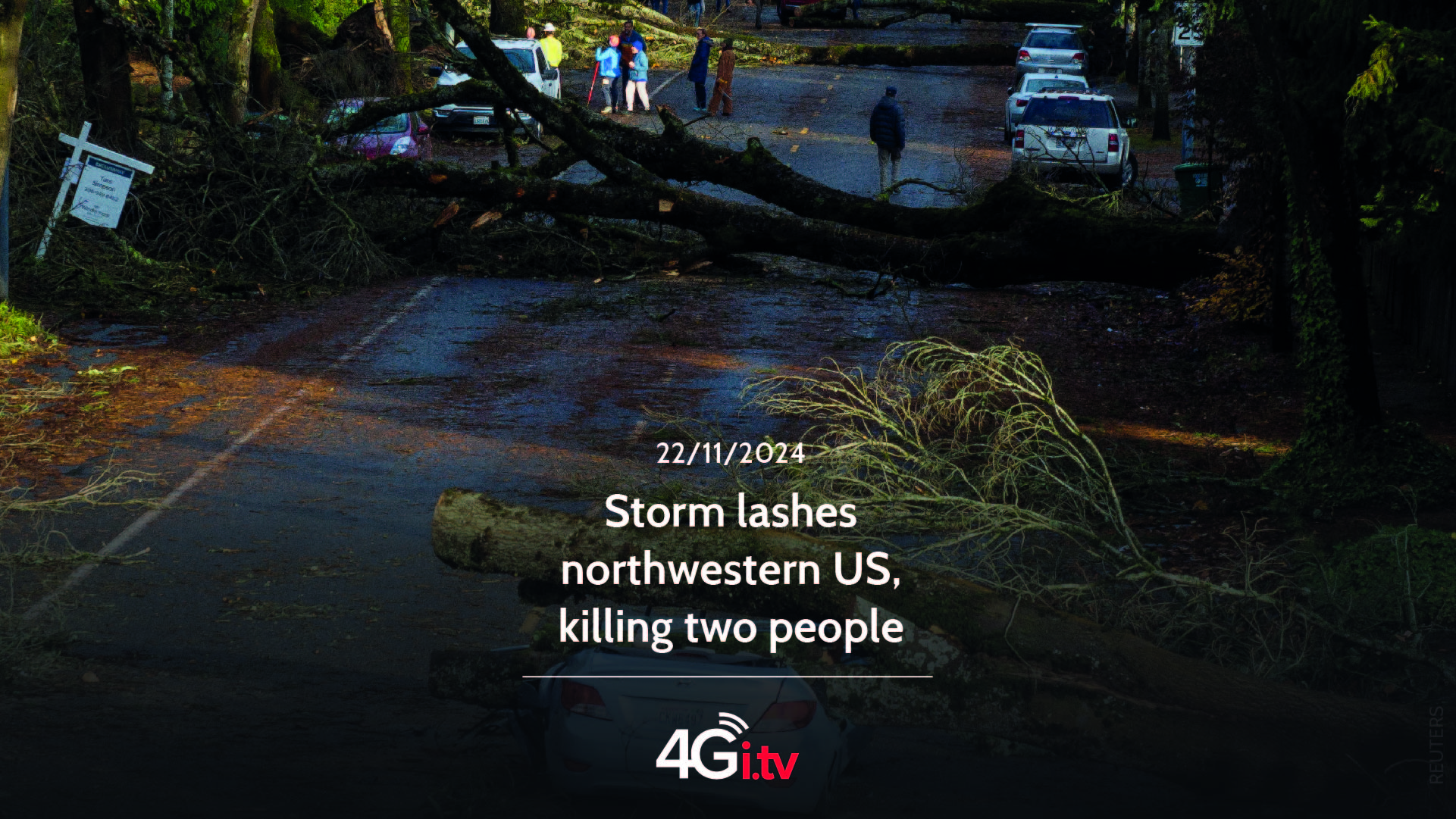
Storm lashes northwestern US, killing two people
November 22, 2024
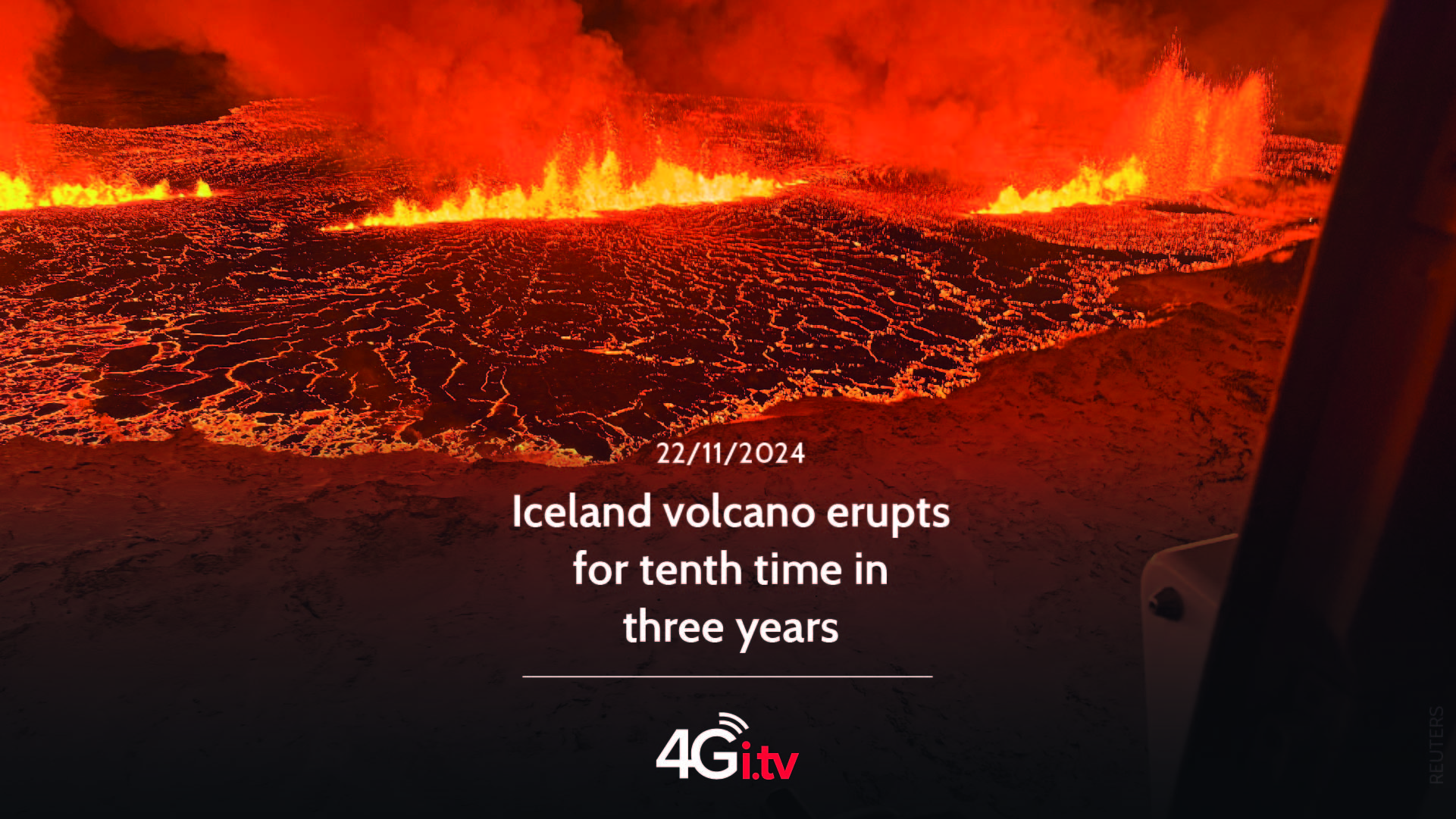
Iceland volcano erupts for tenth time in three years
November 22, 2024
LIVE STREAM



